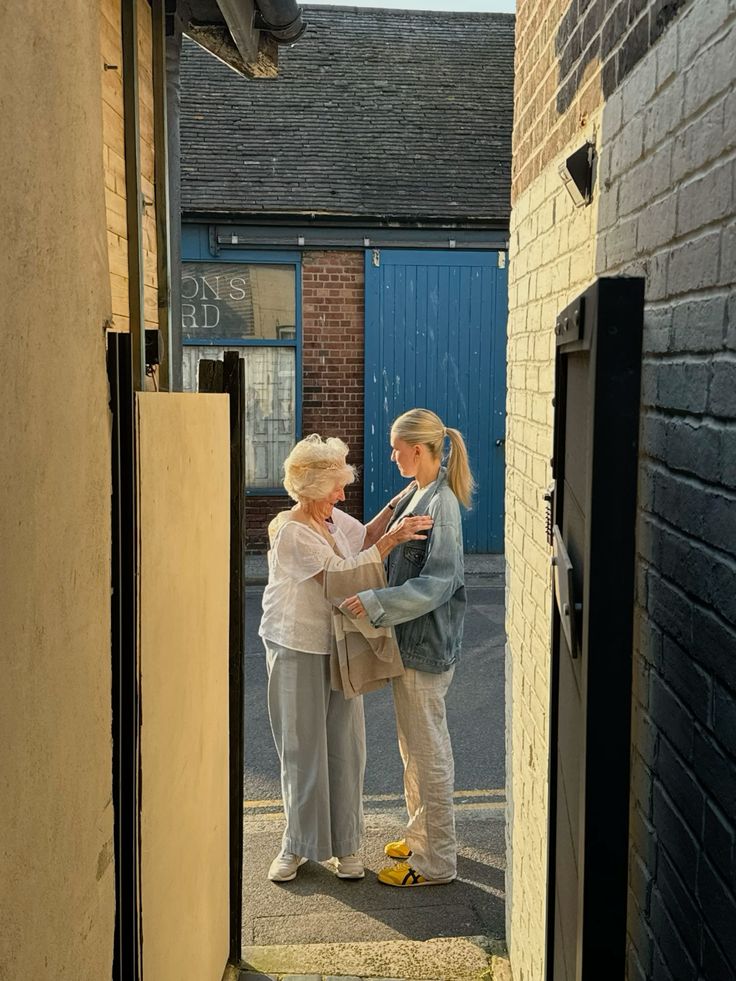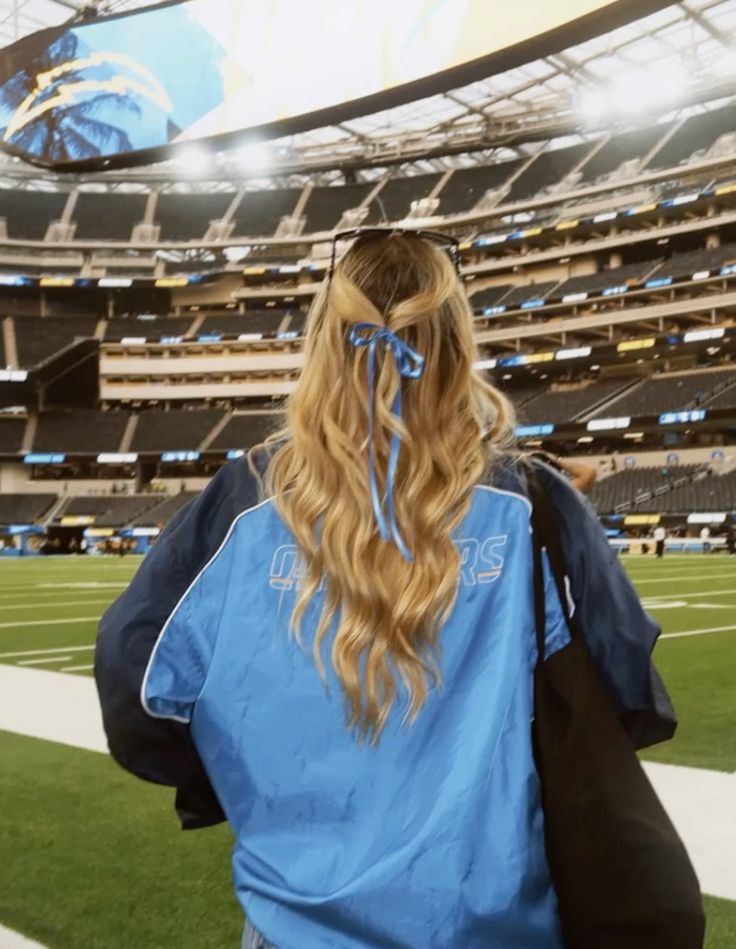“Good luck with that.”
It’s the common response to telling someone you’re about to embark on one of the most difficult challenges you can face in a relationship: distance. While skeptical responses from friends and family may be discouraging, they’re not without merit. Long distance is really difficult. But don’t worry. VALLEY has three long-distance success stories from ladies who have gone the distance and lived to tell the tale.
“We were together for a little over two years before both leaving home to attend school,” says Aubrey Abel, a junior marketing major, who has now been in a long-distance relationship for two and a half years.
“We luckily had a strong foundation,” she says, “but the first year was really difficult learning how to live without each other. Making time to talk on the phone every day and being honest about everything really helped.”
With all of the struggles that come along with long-distance, one of the bright spots is that it can make you realize how grateful you are for your significant other.
“I think being apart has made us realize how important we are to each other,” Abel says.
At the end of the day, long-distance is possible as long as you’re willing to work for it.
“It’s impossible to make long-distance work if you both aren’t actively trying all of the time,” Abel says. “You both have to make an effort to talk to each other frequently, plan weekend visits, and work together to solve problems.”
Next up, we have a story from Taylor Kendzior, a senior recreation parks and tourism management major who has done the distance thing, but now lives about five minutes away from her boyfriend.
“I was in a long-distance relationship for six months collectively,” Kendzior says, “and I’m about to be in one again soon.” Her boyfriend is in the military, so there is plenty of long-distance in the future for their relationship.
“We were literally together for 13 days before becoming long-distance,” she says. “We were in the cupcake phase and couldn’t constantly be together like we wanted to be.”
The toughest challenge for them so far has been having no contact at all while he was away for Marines training.
“We could write letters after the first three weeks,” she says, “but until then we had nothing. And when we did start writing letters, I wouldn’t get responses for days. That was really hard.”
Even through the challenges, Kenzior has managed to enjoy the little perks that come along with long-distance, like being able to wear bright lipstick without having to worry about it getting smudged and being able to become closer with family and friends.
“The key for me was trust,” Kendzior says. “I completely trusted him, and he completely trusted me.”
Like Abel, Kendzior believes having a successful long-distance relationship is possible. You just have to be willing to put in the extra effort.
“Be kind,” she said. “Be understanding. Work for it. Just remember, you won’t be apart forever. It’s just a passing phase.”
Senior recreation parks and tourism management major Mickaela Nebel hasn’t quite made it to the other end of the long-distance tunnel, but she and her boyfriend have been dating at a distance for about a year and two months now and are going strong. But that doesn’t mean they don’t have struggles.
“The fact that all of my friends have boyfriends that are here at school makes it so much harder for me,” Nebel says. “It’s hard to see other couples holding hands and going on dates when I know I can’t just call him up and ask him to hang out with me.”
Nebel knows that, as much as she misses her boyfriend when they’re apart, there is always a joyful reunion just around the corner.
“The reunions are so exciting,” she says. “And I also feel like we’re stronger as a couple because we know that we can do distance.”
Every relationship has conflict, but how do you resolve it when you’re hours apart?
“We just talk it out on the phone and always resolve it before hanging up,” Nebel says.
Like Kendzior, Nebel believes the trick to suriving long-distance is trust.
“You cannot survive a long-distance relationship without trusting each other,” Nebel says.
Having a plan to see each other again can help the time apart seem more manageable.
“Planning your next reunion makes things so much better because you’ll have something to look forward to,” says Nebel.
All three women agree that long-distance takes plenty of effort.
“It’s really hard,” Nebel says. “Like, really, really hard. But it gets easier. FaceTime. Call. Text. Find what works for you, and communicate with each other.”
So, long-distance is possible. It’s not easy, but with patience and effort, it can be done. What is your long-distance relationship hack? Post on social media with #VALLEYmag and let us know!





